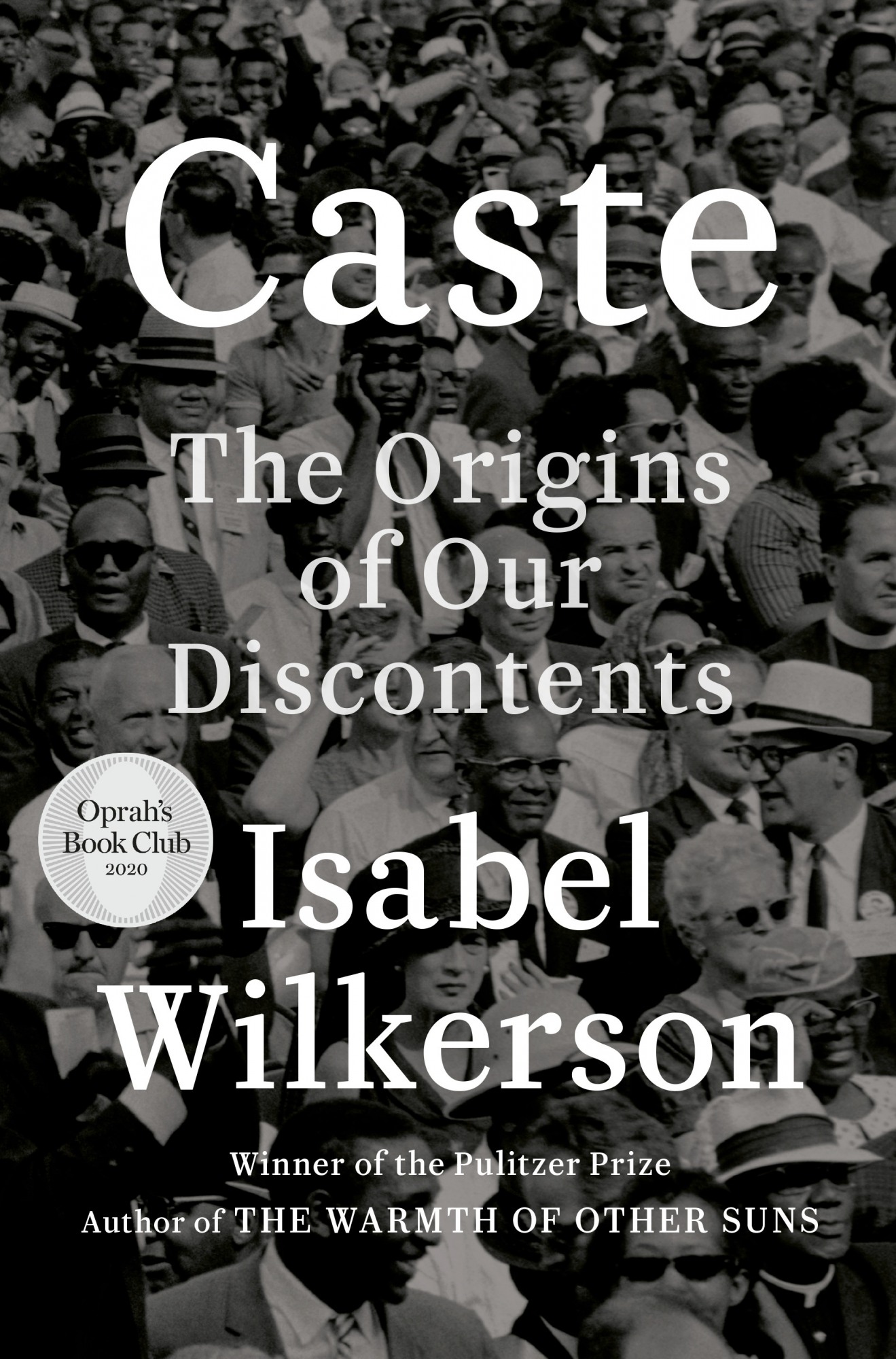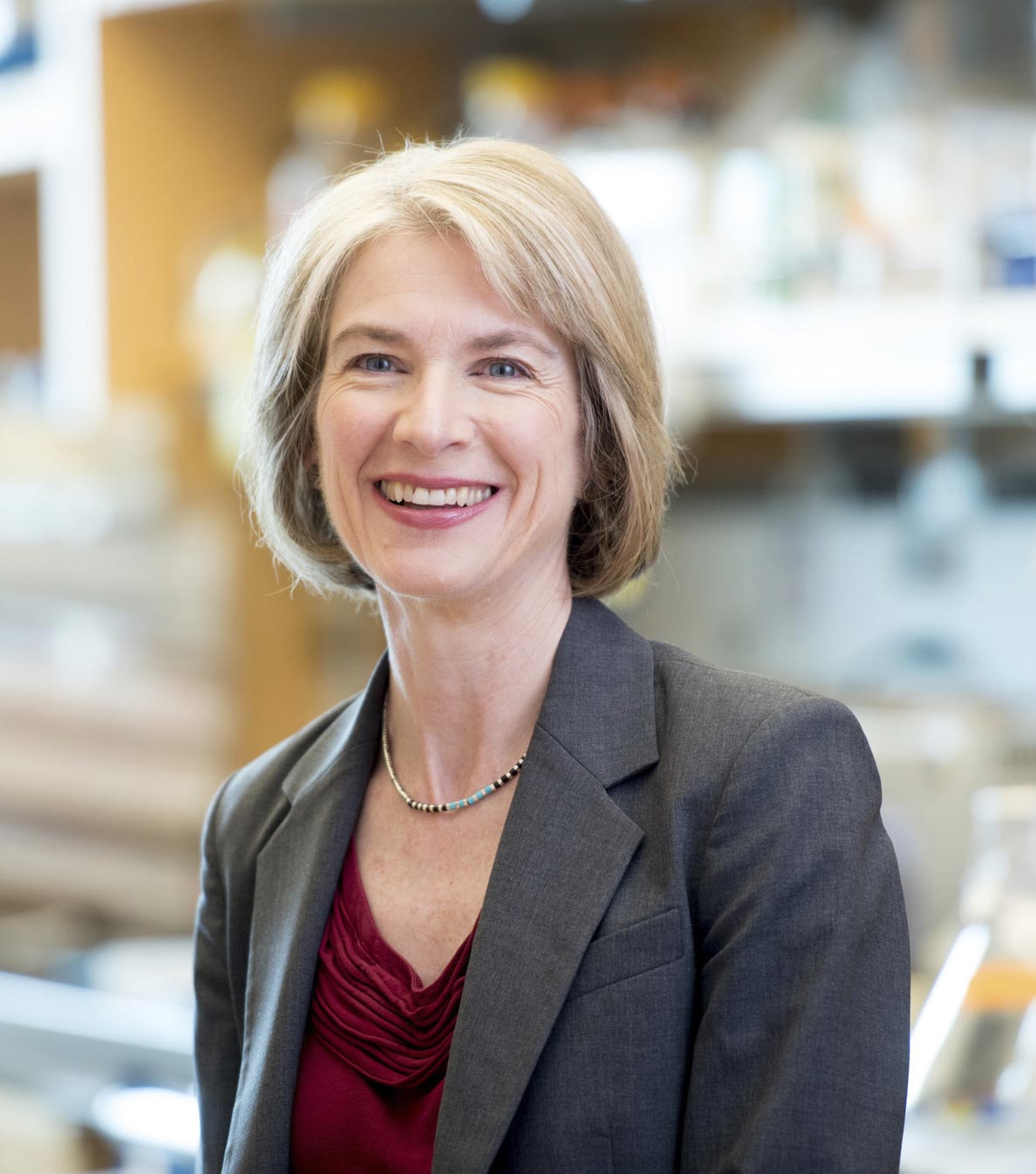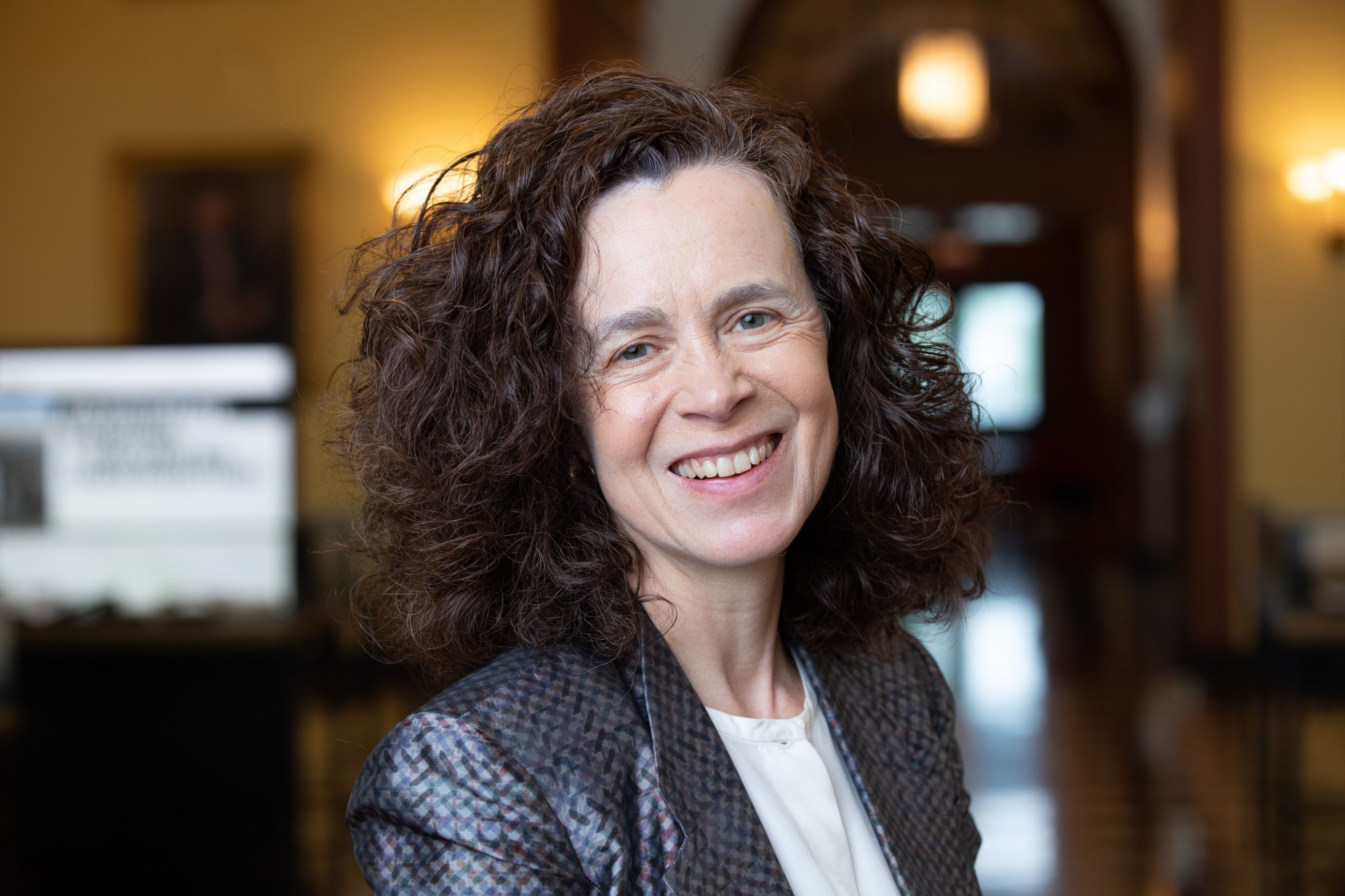PROVIDENCE, R.I. [Brown University] — With virtual visits in March and April from Nobel Prize-winning scientist Jennifer Doudna and Pulitzer Prize-winning writer Isabel Wilkerson, Brown University will launch a new lecture series featuring preeminent leaders from a wide range of fields.
Established through a generous gift from Class of 1980 Brown Ph.D. graduate Wayne C. Lemley, the Lemley Family Leadership Lecture Series will invite highly accomplished scholars, thought leaders, policymakers and practitioners to campus.

Doudna is a University of California, Berkeley, professor and co-developer of the groundbreaking CRISPR-Cas9 genome-engineering technology. Wilkerson is a leading figure in narrative nonfiction and author of “Caste: The Origins of our Discontents” and “The Warmth of Other Suns.”
“Central to the University’s vibrant intellectual community are discussions that inform, challenge and educate,” said Brown Provost Richard M. Locke. “Launching the Lemley lectures with two timely and compelling virtual events this spring, and another planned for the fall, will allow us to reach beyond our campus to an even wider audience, and we’re grateful to be able to welcome renowned leaders in their respective fields through this series.”
The inaugural Lemley lecture featuring Doudna — titled “The CRISPR Revolution: The Power and Promise of Gene Editing” — will take place on Thursday, March 4, at 4 pm.
In a conversation moderated by Brown President Christina H. Paxson, Doudna will discuss the powerful genome-engineering technology CRISPR-Cas9, which changed the course of human and agricultural genomics research and earned her and collaborator Emmanuelle Charpentier the 2020 Nobel Prize in Chemistry. The virtual event is free and open to the public with advance registration.
On Thursday, April 1, at 4 pm, Wilkerson will be joined by Brown Professor Amanda Anderson, director of the Cogut Institute for the Humanities, who will offer introductory remarks and moderate a discussion following a talk titled “Reflections on Caste: The Origins of our Discontents.” Registration information will be posted to the Lemley lecture series website in the weeks prior to the event.
As the 2021-22 academic begins at Brown next fall, leading American economist Rebecca Henderson will join the University community as part of the Lemley series for a Sept. 23 event titled “Reimagining Capitalism in a World on Fire.” Additional event details, including on registration, will be shared in advance.
About Jennifer A. Doudna
 Jennifer A. Doudna is the Li Ka Shing Chancellor’s Chair and a professor in the departments of chemistry and of molecular and cell biology at the University of California, Berkeley. Her groundbreaking development of CRISPR-Cas9 as a genome-engineering technology, with collaborator Emmanuelle Charpentier, earned the two the 2020 Nobel Prize in Chemistry and forever changed the course of human and agricultural genomics research.
Jennifer A. Doudna is the Li Ka Shing Chancellor’s Chair and a professor in the departments of chemistry and of molecular and cell biology at the University of California, Berkeley. Her groundbreaking development of CRISPR-Cas9 as a genome-engineering technology, with collaborator Emmanuelle Charpentier, earned the two the 2020 Nobel Prize in Chemistry and forever changed the course of human and agricultural genomics research.
This powerful technology enables scientists to change DNA — the code of life — with a precision only dreamed of just a few years ago. Labs worldwide have redirected the course of their research programs to incorporate this new tool, creating a CRISPR revolution with huge implications across biology and medicine.
In addition to her scientific achievements, Doudna is a leader in public discussion of the ethical implications of genome editing for human biology and societies, and advocates for thoughtful approaches to the development of policies around the safe use of CRISPR technology.
Doudna is an investigator with the Howard Hughes Medical Institute, senior investigator at Gladstone Institutes, and president of the Innovative Genomics Institute. She co-founded and serves on the advisory panel of several companies that use CRISPR technology in unique ways.
She is a member of the National Academy of Sciences, the National Academy of Medicine, the National Academy of Inventors, and the American Academy of Arts and Sciences. Doudna is also a foreign member of the Royal Society and has received numerous other honors including the Breakthrough Prize in Life Sciences (2015), the Japan Prize (2016), the Kavli Prize (2018), the LUI Che Woo Welfare Betterment Prize (2019), and the Wolf Prize in Medicine (2020). Doudna’s work led TIME to recognize her as one of the “100 Most Influential People” in 2015 and a runner-up for “Person of the Year” in 2016. She is the co-author of “A Crack in Creation,” a personal account of her research and the societal and ethical implications of gene editing.
About Isabel Wilkerson
Isabel Wilkerson, winner of the Pulitzer Prize and the National Humanities Medal, has become a leading figure in narrative nonfiction, an interpreter of the human condition and an impassioned voice for demonstrating how history can help readers understand themselves, the United States and the current era of upheaval.
Through her writing, Wilkerson brings the invisible and the marginalized into the light and into the hearts of readers. Through her lectures, she explores with authority the need to reconcile America’s karmic inheritance and the origins of both human divisions and shared commonality.
Her debut work, “The Warmth of Other Suns,” won the National Book Critics Circle Award, the Heartland Prize for Nonfiction, the Anisfield-Wolf Award for Nonfiction, the Lynton History Prize from Harvard and Columbia universities, and the Stephen Ambrose Oral History Prize; it was shortlisted for both the Pen-Galbraith Literary Award and the Dayton Literary Peace Prize.
She is a native of Washington, D.C., and a daughter of the Great Migration, the mass movement that she would go on to write about. She won the Pulitzer Prize for Feature Writing in 1994, as Chicago Bureau chief of the New York Times, making her the first African American woman to win a Pulitzer Prize in journalism. She then devoted 15 years and interviewed more than 1,200 people to tell the story of the six million people, among them her parents, who defected from the Jim Crow South.
As for her new book, “Caste: The Origins of Our Discontents,” the venerable U.K. bookseller Waterstone’s called it an “expansive, lyrical and stirring account of the unspoken system of divisions that govern our world.”
About Rebecca Henderson
 Rebecca Henderson is one of 25 university professors at Harvard, a research fellow at the National Bureau of Economic Research and a fellow of both the British Academy and of the American Academy of Arts and Sciences. She is an expert on innovation and organizational change, and her research explores the degree to which the private sector can play a major role in building a more sustainable economy, focusing particularly on the relationships between organizational purpose, innovation and productivity in high-performance organizations. Henderson sits on the boards of Idexx Laboratories and of Ceres and was named one of three Outstanding Directors of 2019 by the Financial Times.
Rebecca Henderson is one of 25 university professors at Harvard, a research fellow at the National Bureau of Economic Research and a fellow of both the British Academy and of the American Academy of Arts and Sciences. She is an expert on innovation and organizational change, and her research explores the degree to which the private sector can play a major role in building a more sustainable economy, focusing particularly on the relationships between organizational purpose, innovation and productivity in high-performance organizations. Henderson sits on the boards of Idexx Laboratories and of Ceres and was named one of three Outstanding Directors of 2019 by the Financial Times.
Henderson’s publications include ”Leading Sustainable Change: An Organizational Perspective,” and “Accelerating Energy Innovation: Lessons from multiple sectors.” For several years she taught “Reimagining Capitalism: Business and the Big Problems,” a course that grew from 28 students to over 300 and that is the basis for the newly released “Reimagining Capitalism in a World on Fire” — a book that has just been shortlisted for the Financial Times / McKinsey 2020 Business Book of the Year Award.